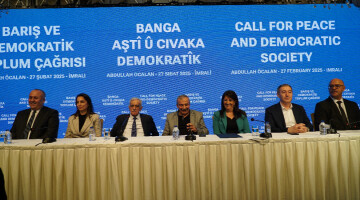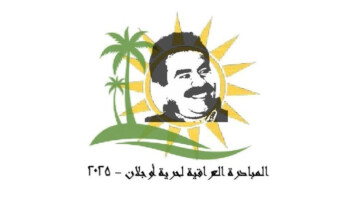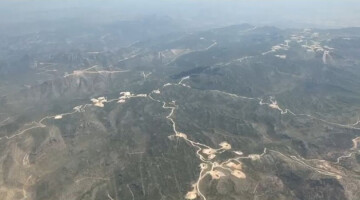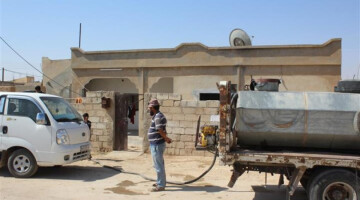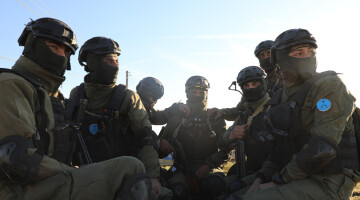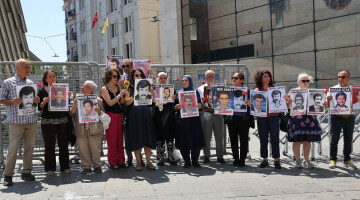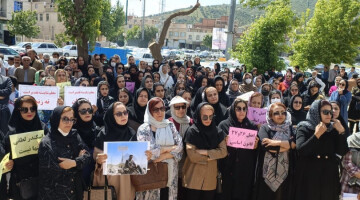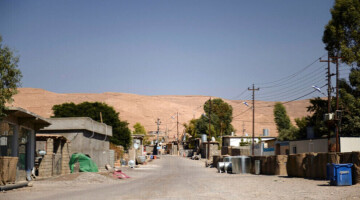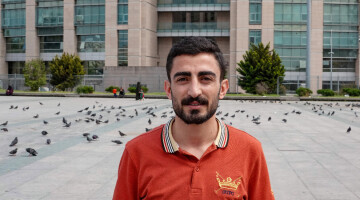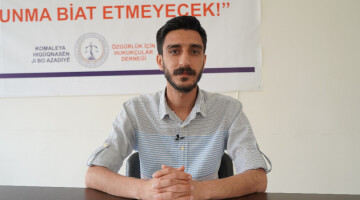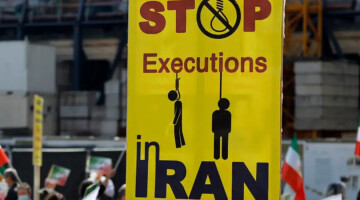ANF spoke with human rights advocate and former chairperson of the Human Rights Association (IHD) İzmir office, Günseli Suna Kaya, about the development of resistance to the various forms of government repression after the military coup from 1980 to today.
Kaya explains that 38 years ago the coup was directed against unionization and the struggle at high schools and universities. She pointed out that the demands of the working class had further socialized from a pure reference to the economy, and thus developed into a general desire for justice.
According to Kaya, the coup also facilitated the implementation of Turgut Özal's "24-point January economic package". The package, which included the reduction of workers' wages, the increase of taxes, that is, the strengthening of the capitalists, laid the foundation for a union of the organized workers and their solidary students, as well as the other parts of the population.
That was not planned in one night
"This coup was not planned in one night. The secret service had planned it before and identified the leadership cadres of the revolutionary organizations. Simultaneous raids took place at all locations, in associations, structures and cooperatives. All their leaders were jailed within a night," tells Kaya.
The prisons became resistance areas
Kaya was suspended from duty because of the resistance in a memorial to Kızıldere on March 30. She was then told in jail that she had been dismissed because of her participation in a boycott against the Maraş massacre while she was a member of the teachers' association TÖBDER.
Kaya tells how the death penalty, which had not been practiced before, was re-implemented after the coup, of the massacres and the torture in the prisons. The arrest period could then be extended twice by a judge from thirty days to a total of 90 days. Due to all this repression, the prisons became resistance areas.
The predecessors of the Saturday mothers
Kaya protested in 1984 with Didar Şensoy, Leman Fırtına, Melahat Sarptuna, Mahide Açan, Hasan Açan, Gülten Akın, İsmet Pekdemir, and others with the bloody dresses of their murdered children in front of Parliament of Turkey. She recalls that the IHD was founded on July 17, 1986, the very same day she was sent to prison for the second time.
Kaya tells that the press was not in the hands of capital monopolies at the time and was therefore more sensitive to the people. She continues, "There were fierce punishments, but news reports were appearing and attracting attention. There was a public awareness that ‘our children are being injured in the prisons’.
Today, injustice prevails
Today, the wishes of a man are poured into laws, says Kaya and continues: "Look at how political rights have been destroyed since then. The chairpersons, mayors and city councilors of a party that received millions of votes are still in jail. Where is the power of the people here? Are we defining this people on the basis of its ethnic national identity or its support for the government? "
The struggle of women gives hope
The methods of fascism have changed from yesterday until today, and the revolutionaries have also developed means of solidarity and resistance, according to Kaya.
The most important development, however, has taken place on the women's front, emphasizes Günseli Suna Kaya. She explains: "There is resistance to reactionary, feudal practices and laws involving women of all ages. Just as working-class resistance generally develops, so does the resistance of women workers. Where there is no law, there exists resistance. I'm not hopeless about the future. Even if they continue with the institutions of 12 September, sooner or later it will end.”



